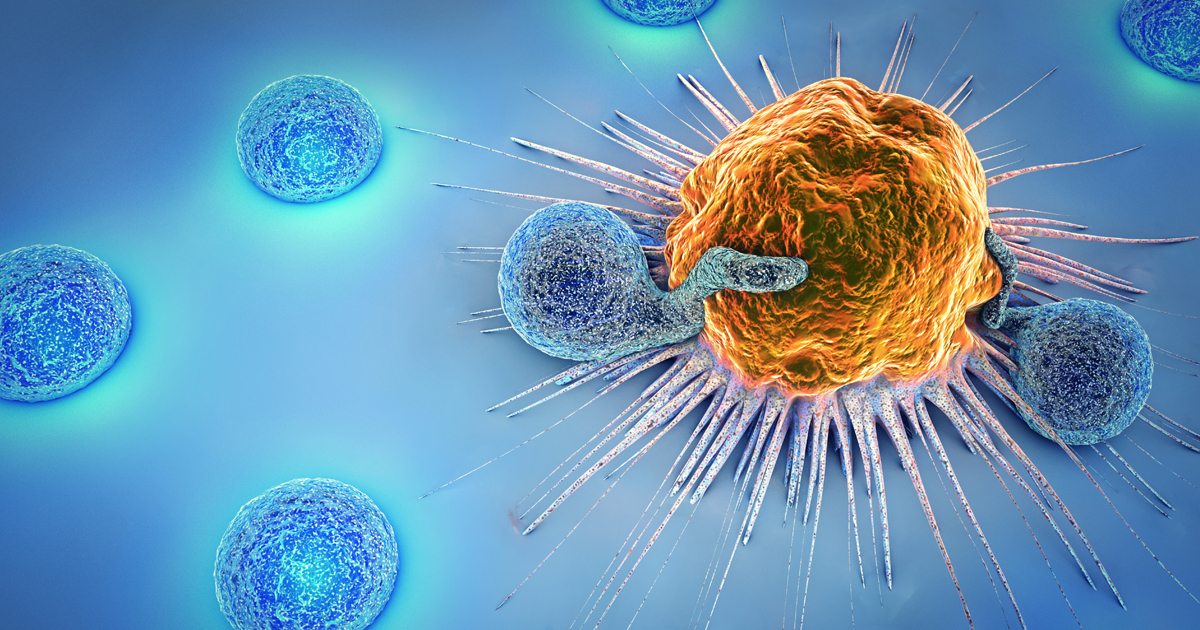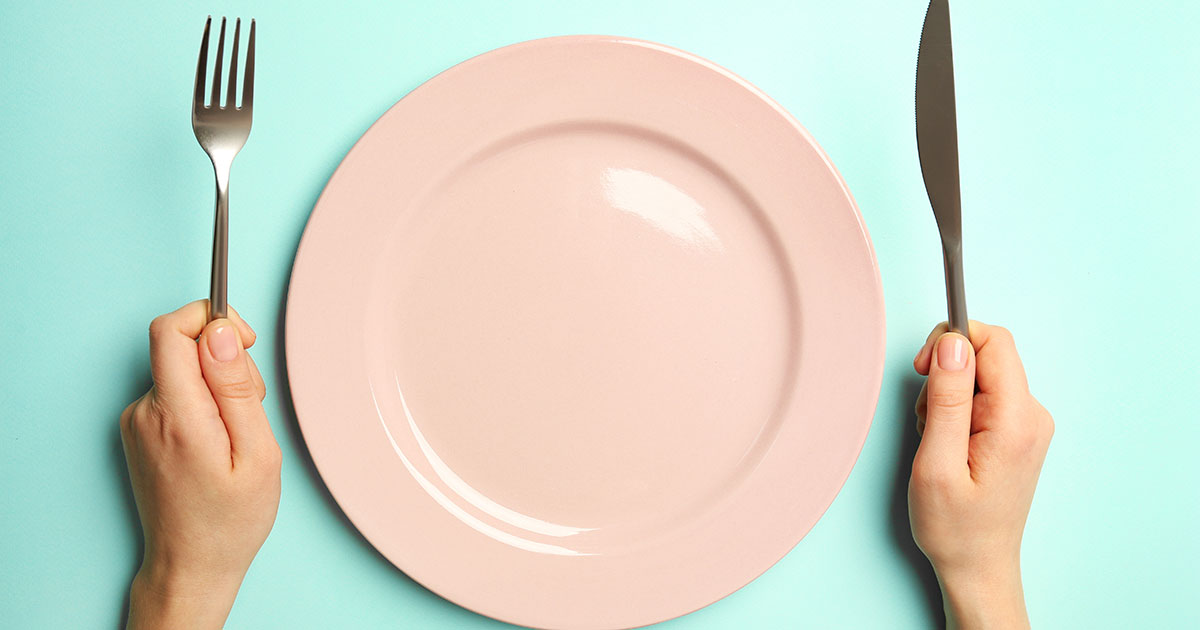How Meal Times Affect Weight Loss
Recent research has discovered when individuals eat is just as important as what they eat. Through the advent of fasting mimicking diets, fresh interest has been set upon the benefits of the ancient tradition of fasting and how the timing of meals affects the health of the human body. Abstaining from food is an age-old tradition that can be traced back to the roots of most major religions. These ancient religious practices have met up with modern science, and the results are stunning. There is quite a lot of data out there. Some of it is true, and some of it is not. Get to know precisely how meal times affect weight loss now.
Timing Is Everything

A managed eating schedule can improve a multitude of health-defining factors such as increasing an individual's levels of human growth hormone, lowering insulin resistance, promoting weight loss, reducing blood pressure, preventing Alzheimer's disease, and even extending their life. There are hundreds of clinical trials with published results that back up the claims of this dieting trend. In the following slides, we will take a look at how the timing of your meals influences your hormones, manages your metabolic modes, and ultimately controls the biological processes that largely determine the quality of your health. There are many potential benefits, and it will be easy to see timing is everything.
Is It Better To Eat In The Morning?

When you eat, your body releases insulin to bring the body into the anabolic state. Insulin's primary function is to store food as fat for energy. If you skip breakfast, you can keep yourself in the catabolic state you were transitioned into during your sleep. In this state, insulin lowers, and its antagonistic hormones are released. One of these is glucagon, which burns stored fat and lowers several risk factors for diabetes. The body also releases human growth hormone, which is often called the fountain of youth hormone due to its functions of stimulating muscle growth, strengthening bones, increasing calcium absorption, regulating collagen, reducing joint pain, and several other life-enhancing factors. Initially, skipping breakfast can be a struggle for some, and it can lead to overeating. The hunger hormone, ghrelin, is released habitually. Altering your eating pattern will be a fight. It might be best to make small daily adjustments rather than a sudden drastic change to prevent a potential food-binging backlash. So is it better to eat in the morning? It all depends on you.
Keep reading to learn more about how meal times affect weight loss.
The Issues With Eating At Night

Sleep is a key time of restoration for the body. This is partially due to the release schedule of human growth hormone, as while it can be secreted throughout the day, roughly seventy-five percent of the secretions are released at night. During sleep, the secretions periodically spike, and the largest of these spikes happen roughly one hour after falling asleep. This leads to the largest of the issues with eating at night. The antagonistic relationship between insulin and human growth hormone means eating spikes insulin, insulin blocks human growth hormone, and a significant benefit of sleep is almost entirely prevented. Plan dinners for two to three hours before sleep to allow for digestion and for insulin to be filtered from the bloodstream.
Okay, let's talk about some more ways in which the timing of meals affects health.
How Timing Of Meals Affects Health

In the catabolic state, the body's primary function switches to repairing damage, and part of this process includes apoptosis and autophagy. When cells are weak or damaged, they self-destruct and release a molecular compound that acts as a beacon to phagocytes. Those phagocytes consume bacteria and damaged cells through a process called autophagy. They are the cleanup crew of the human body, and their numbers increase dramatically in a prolonged catabolic state. The timing of meals can encourage this process, though it can also be a great hindrance, which will allow damaged cells to proliferate throughout the body. Throughout history, three meals per day and snacks in between was not the norm. The typical modern diet leaves little to no time for repairs during the fasting catabolic state since it takes roughly two to three hours to process each meal. Whether by evolutionary or divine design, the healthiest eating pattern is to eat large meals and to space them by extended amounts of time.
This naturally leads us to the question, "What about intermittent fasting?"
What About Intermittent Fasting?

Intermittent fasting, a significant part of the ketogenic diet, has been the answer for many individuals, and a number of popular protocols have been circulating around the internet. The shorter protocols, such as sixteen hours fasting to eight hours eating, are easier to incorporate. However, the benefits grow as the time between meals increases. We know human growth hormone is released when there is little to no insulin in the blood. However, during a fast, blood serum levels of human growth hormone can go much higher. According to a published clinical study by The Journal of Clinical Endocrinology and Metabolism, those levels can spike by five hundred percent. Phagocytes also receive a boost. Around the nineteen-hour fasting mark, phagocyte levels reach two to three hundred percent, and individuals who hold out for forty-eight hours will see those numbers rise to 330 percent. Tally all of these benefits together, and it becomes clear some ancient traditions should not be left in the past.
Get familiar with more information about the effects of meal times on weight loss now.
Eating Before/After Exercise

Research into eating before and after exercise has shown mixed results, and scientists believe each individual could respond differently to exercise depending on whether they ate before the workout. Currently, the majority of research into eating before a workout suggests this is not necessary for workouts of less than one hour. In fact, multiple studies have shown eating before a workout of sixty minutes or less did not improve exercise performance, and exercising on an empty stomach actually caused participants to use more of their body fat for energy during the workout. However, this did not result in a greater overall body fat loss compared to individuals who ate prior to their workout. For workouts of at least one hour, research shows eating before exercise is beneficial and may improve exercise performance.
While studies on the benefits of eating before a workout show varied results, there is much more consensus on the importance of eating after exercise. Studies indicate eating after a workout is beneficial for exercise recovery. In terms of weight loss, a small study conducted in Belgium indicated individuals who exercised without eating in the morning and then ate a high-fat, high-calorie meal after their workout were able to maintain their weight. This was in contrast to a second group of subjects who ate the exact same meal before their workouts and subsequently gained weight.
Uncover information on precisely how meal times and sleep are connected now.
Can Eating Late Reduce Sleep Quality?

Recent research into sleep has explored the question: Can eating late reduce sleep quality? The majority of studies in this area clearly conclude eating in the evening does result in decreased sleep quality, and this is particularly true for women. Research conducted in sleep labs showed eating high-calorie or high-fat meals close to bedtime caused subjects to take longer to fall asleep, and it also made them more likely to wake up at least once during the night. Subjects also took longer to reach REM sleep (the deepest phase of sleep) and spent less time in this phase. To optimize sleep quality, experts suggest eating dinner at least two to three hours before bedtime. For some individuals, a light snack close to bedtime may be well tolerated and might not disrupt sleep. If patients choose to eat a snack near bedtime, foods like cherries, which contain melatonin, or comforting options such as warm milk may help promote sleep.
Dive into a popular notion about meal times and sleep next.
Smaller And Frequent Meals Vs Three Meals Daily

Since the 1980s, multiple studies have examined how eating smaller and frequent meals versus three meals daily may impact weight loss. The most recent research suggests eating three larger meals each day may be more effective for weight loss than eating five or more smaller meals throughout the day. Originally, scientists believed eating tiny meals every two or three hours would boost an individual's metabolism, enabling patients to burn more calories each day. However, numerous long-term studies from around the world have concluded there is actually no increase in metabolism as a result of eating more frequently, and more frequent meals also will not promote additional body fat loss compared to eating three larger meals. Similarly, although some experts used to believe eating more frequent meals helped stabilize someone's blood glucose and reduce cravings, current scientific studies have shown individuals who eat three large meals have lower average blood glucose readings than those who eat more often. Research indicates individuals who eat fewer meals also report fewer cravings, a reduction in overall hunger, and an increase in feelings of satiety (fullness) compared to those who eat more frequently.
